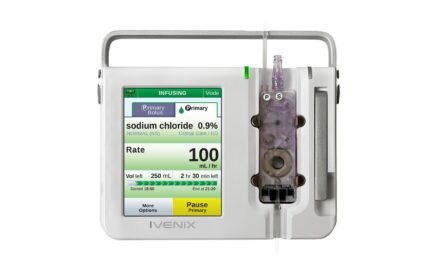Virtual Medical Assistant (VMA), a new noninvasive, remote patient monitoring device from Sensiotic, captures patient vital signs, bed occupancy, and movement without resorting to electrodes or leads. According to CEO Robert Arkin, the United States market for such systems more than doubled between 2007 and 2011 and is now considered one of the fastest growing market segments. Market revenue is projected to reach $20.9 billion by 2016.
“With half of all U.S. hospital beds completely unmonitored and many more under-monitored, Sensiotec developed VMA to fill this gap by providing a remote patient monitoring solution that will drastically increase remote monitoring for hospitals and healthcare providers. The bottom line is an overall improvement in patient care standards,” Arkin says.
Initial studies at Atlanta Medical Center have indicated that VMA captures cardiorespiratory data at a higher sampling rate than other monitoring devices. “This has valuable implications for improving the responsiveness of existing clinical decision support systems to better facilitate the practice of evidence-based medicine,” says Jiten Chhabra, MD, research scientist with Georgia Tech’s Interactive Media Technology Center. “The non-contact nature of VMA greatly increases patient adherence and clinician adoption.”




